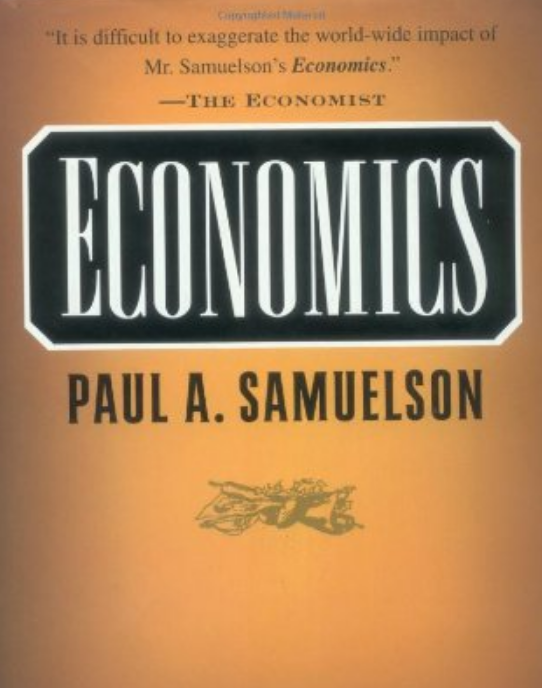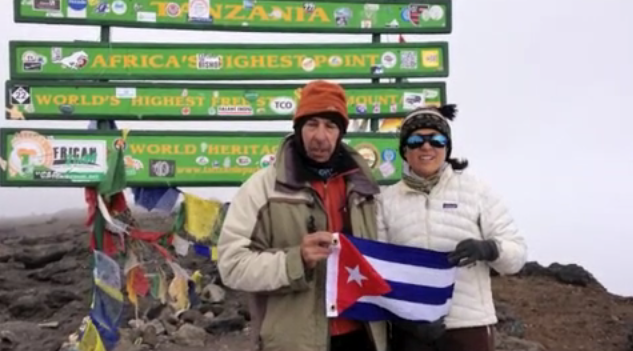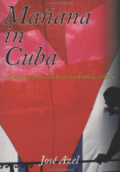Paul Samuelson was the most influential academic economist of the second half of the 20th century and his textbook introduced generations of students to the ideas of British economist John Maynard Keynes. Keynes developed the idea that government intervention in economic matters is necessary to serve the public welfare.
Samuelson’s Economics dominated college economic classrooms for two generations. His influence on our thinking regarding the role of government in economic affairs can not be underestimated, as he noted: “I don’t care who writes a nation’s laws…if I can write its economic textbooks.” So what did Professor Samuelson teach us? And what should we unlearn.
Samuelson was a believer in central economic planning. To be accurate, Dr. Samuelson’s views evolved over the years, an evolution that can be traced in the various editions of his textbook. But as late as the 1989, 13th edition (with coauthor William Nordhaus) he asserted: “The Soviet economy is proof that, contrary to what many skeptics had earlier believed, a socialist command economy can function and even thrive.” Two years later, the Soviet economy collapsed. Conceptually blind, the brilliant Dr. Samuelson never saw it coming.
Samuelson also espoused anti-saving views incorrectly believing that higher saving rates may cause money to ‘leak’ out of the system and shrink the economy.
This anti-saving bias view extended to his support for progressive taxation: “To the extent that dollars are taken from frugal wealthy people rather than from poor ready spenders, progressive taxes tend to keep purchasing power and jobs at a high level…”He aberrantly suggested that progressive taxation may actually incentivize people to work harder in order to get rich.
In editions well into the 1970s, Samuelson held that deficit spending was not a significant problem. He offered a “we owe it to ourselves” argument claiming that the interest on an internal debt is paid by Americans to Americans with no direct loss of goods or services.
As a believer in an activist government, Samuelson taught that a large government can provide ‘built in’ stabilizers to the economy with policies such as unemployment and welfare compensation, farm aid, and the like. His discussions of the role of government emphasized market failures with little reference to government failures. His enamorment with an activist government led him to claim that harmful government policies are probably rare.
New schools of economic thought and empirical evidence have shown that much of what Dr. Samuelson taught us in Economics was flawed or plain wrong. Our understanding of savings, central planning, government intervention, deficit spending, progressive taxation, market failures, welfare policies, and much more has evolved or changed radically.
To his credit, Dr. Samuelson was willing to update his textbook in keeping up with intellectual progress, and our understanding of economic affairs. In latter editions, he even suggested that he no longer agreed with some of his earlier analyses. In his words: “What was great in Edition 1 is old hat by Edition 3; and maybe has ceased to be true by Edition 14.”
Unfortunately, most of us, and particularly our political class, who learned about economics with Samuelson’s textbooks, have not kept up with the advances in that dismal science. Consequently,most public policy today is formulated according to the unsound economic principles that we learned from Samuelson in our college years.
The same is true of editorial and op-ed writers that argue, without intellectual discomfort, along the Keynesian motif espoused by the Samuelson textbook. They are unable to shed the false certainty of their youthful learning.
This is the insidious Paul Samuelson effect; questionable public policy, based on disputed economic principles, but defended with conviction by two generations unwilling to unlearn the canards in their college introductory economics course.
Please let us know if you  this article. this article. |
|






No comments:
Post a Comment